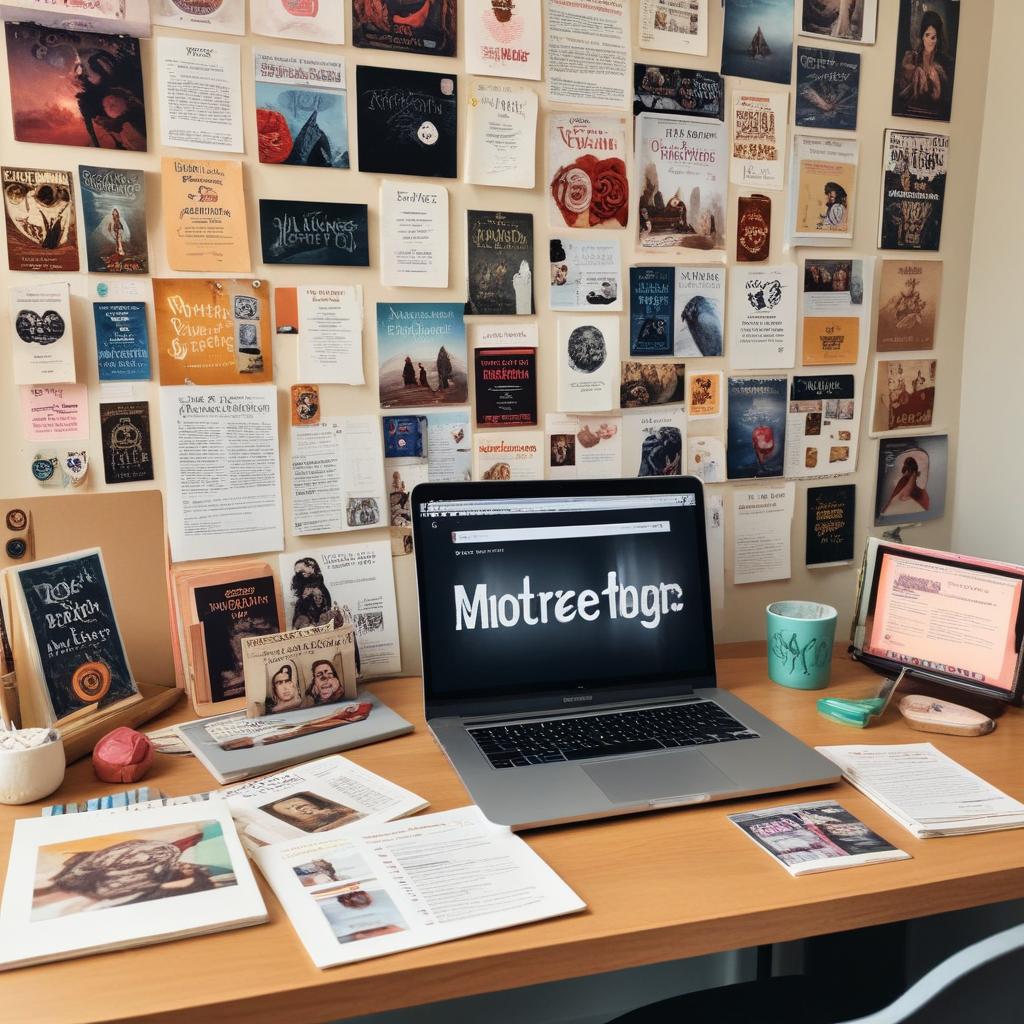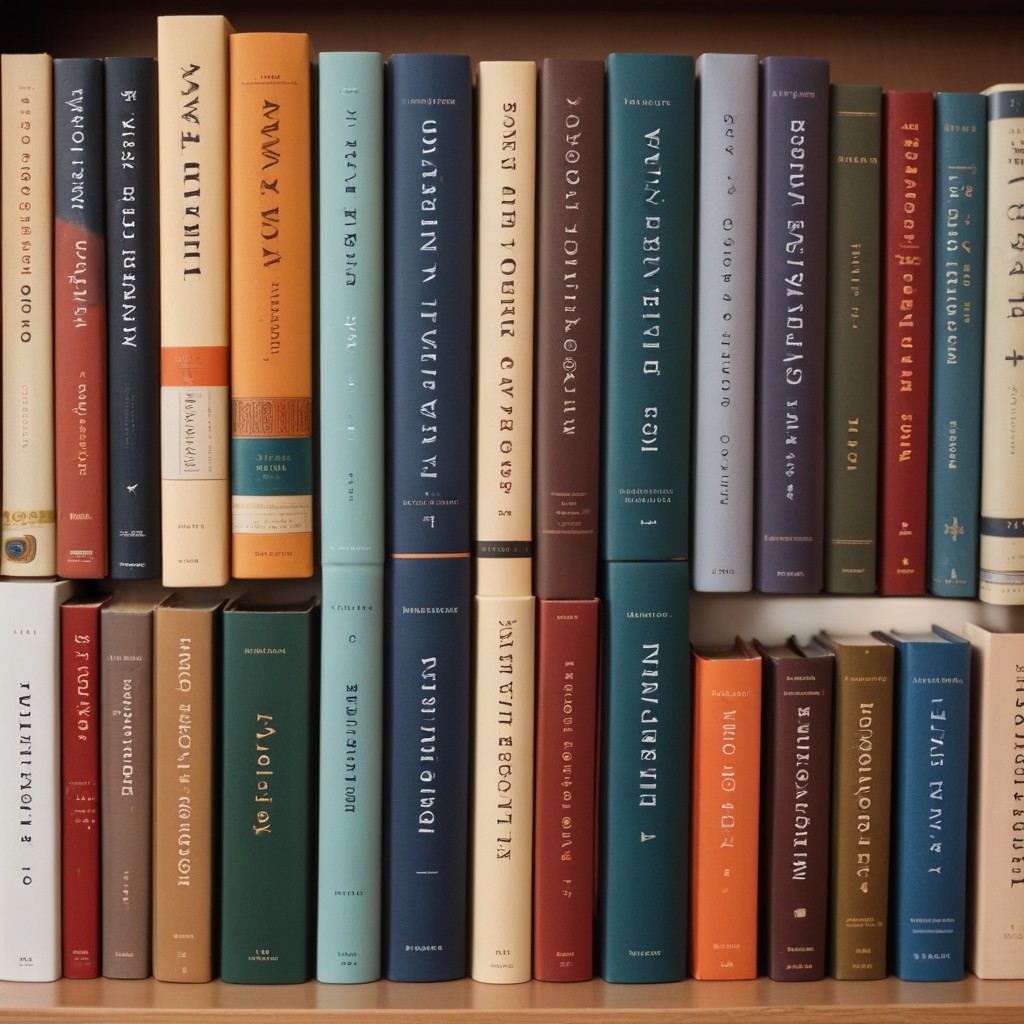Introduction
Plagiarism, the act of using someone else’s work, ideas, or expressions without proper acknowledgment, is a serious issue in academic, professional, and creative fields. It undermines the integrity of original work and can have significant consequences for individuals and organizations. This article explores the definition of plagiarism, its implications, and strategies for preventing it.
What is Plagiarism?
Plagiarism involves taking credit for someone else’s work, whether it’s text, ideas, images, or data, and presenting it as one’s own. It can occur in various forms, including:
- Direct Plagiarism: Copying text verbatim from a source without quotation marks or citation.
- Self-Plagiarism: Reusing one’s own previously published work without proper citation or acknowledgment.
- Mosaic Plagiarism: Integrating phrases or ideas from a source into one’s work without proper attribution, often by blending them with original content.
- Accidental Plagiarism: Unintentional failure to cite sources correctly due to oversight or lack of understanding of citation practices.
Consequences of Plagiarism
- Academic Penalties In academic settings, plagiarism can result in severe consequences, including failing grades, academic probation, or expulsion. Institutions take plagiarism seriously to maintain academic integrity and ensure that all students adhere to ethical standards.
- Legal Repercussions Plagiarism can lead to legal issues, particularly when copyrighted material is involved. Copyright holders may pursue legal action against individuals or organizations that use their work without permission, leading to lawsuits and financial penalties.
- Professional Damage In professional environments, plagiarism can damage reputations and lead to loss of credibility. It may result in job termination, professional sanctions, and a negative impact on one’s career.
- Ethical Implications Beyond legal and academic consequences, plagiarism raises ethical concerns. It reflects a lack of respect for intellectual property and undermines trust in one’s work and integrity.
Preventing Plagiarism
- Understand Citation Practices Familiarize yourself with the citation styles relevant to your field (e.g., APA, MLA, Chicago). Proper citation practices are essential for giving credit to original sources and avoiding plagiarism.
- Use Plagiarism Detection Tools Tools such as Turnitin, Grammarly, and Copyscape can help identify potential plagiarism by comparing your work to a database of existing content. These tools are useful for ensuring that your work is original and properly cited.
- Paraphrase and Summarize Correctly When incorporating ideas from sources, ensure you paraphrase or summarize information accurately and provide proper attribution. Avoid simply changing a few words or rearranging sentences; instead, reframe the ideas in your own words and cite the original source.
- Keep Track of Sources Maintain detailed notes on all sources you consult during your research. This includes recording bibliographic information and specific details about how you used each source. This practice helps ensure accurate citations and reduces the risk of accidental plagiarism.
- Educate Yourself and Others Education about plagiarism and its implications is crucial for preventing it. Many institutions offer workshops, tutorials, or guidelines on avoiding plagiarism. Take advantage of these resources to enhance your understanding of academic integrity.
- Seek Permission When Necessary For copyrighted material, obtain permission from the original creator if you plan to use their work extensively. This is especially important for images, data, or proprietary content.
Plagiarism is a serious offense with far-reaching consequences, affecting individuals’ academic, professional, and ethical standing. Understanding the various forms of plagiarism, recognizing its implications, and implementing effective prevention strategies are essential for maintaining integrity and respect for intellectual property. By adhering to proper citation practices, utilizing plagiarism detection tools, and fostering a culture of academic honesty, individuals and organizations can uphold the principles of originality and credibility in their work.

